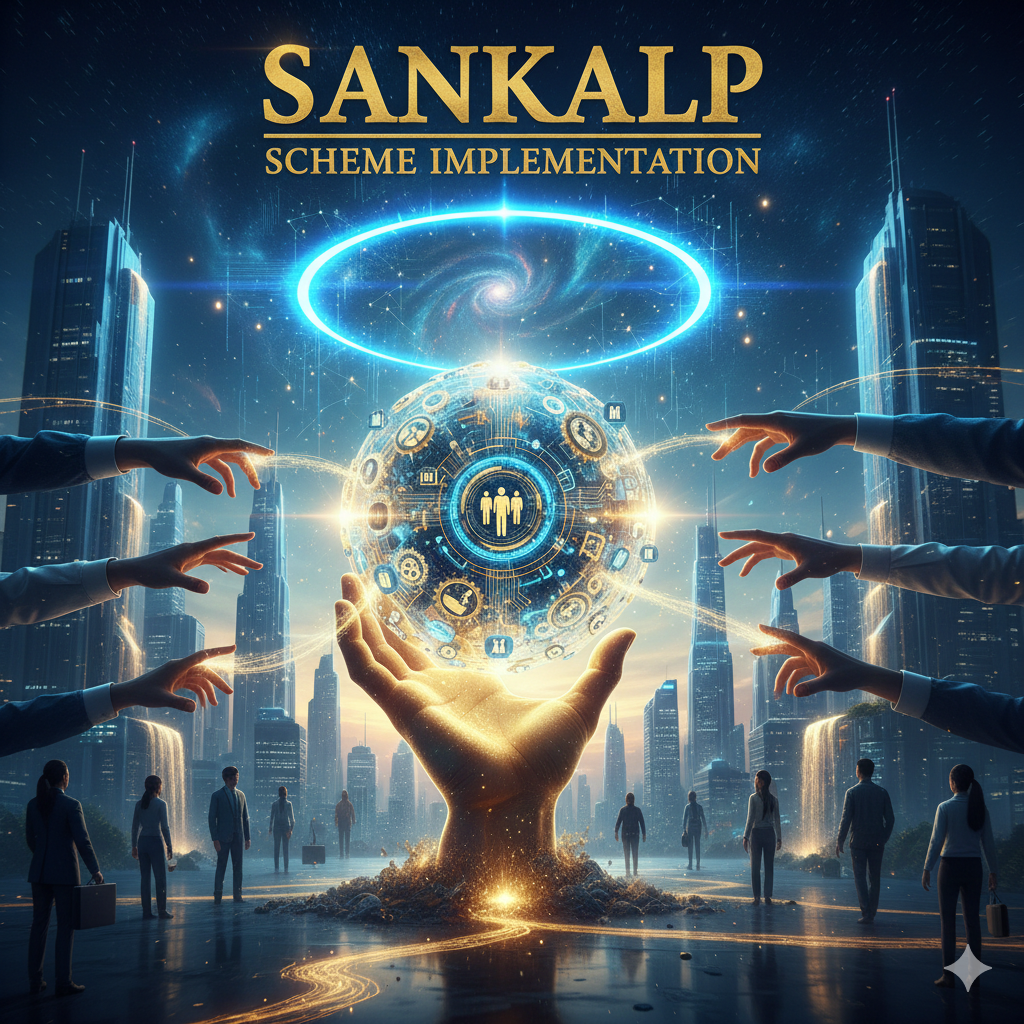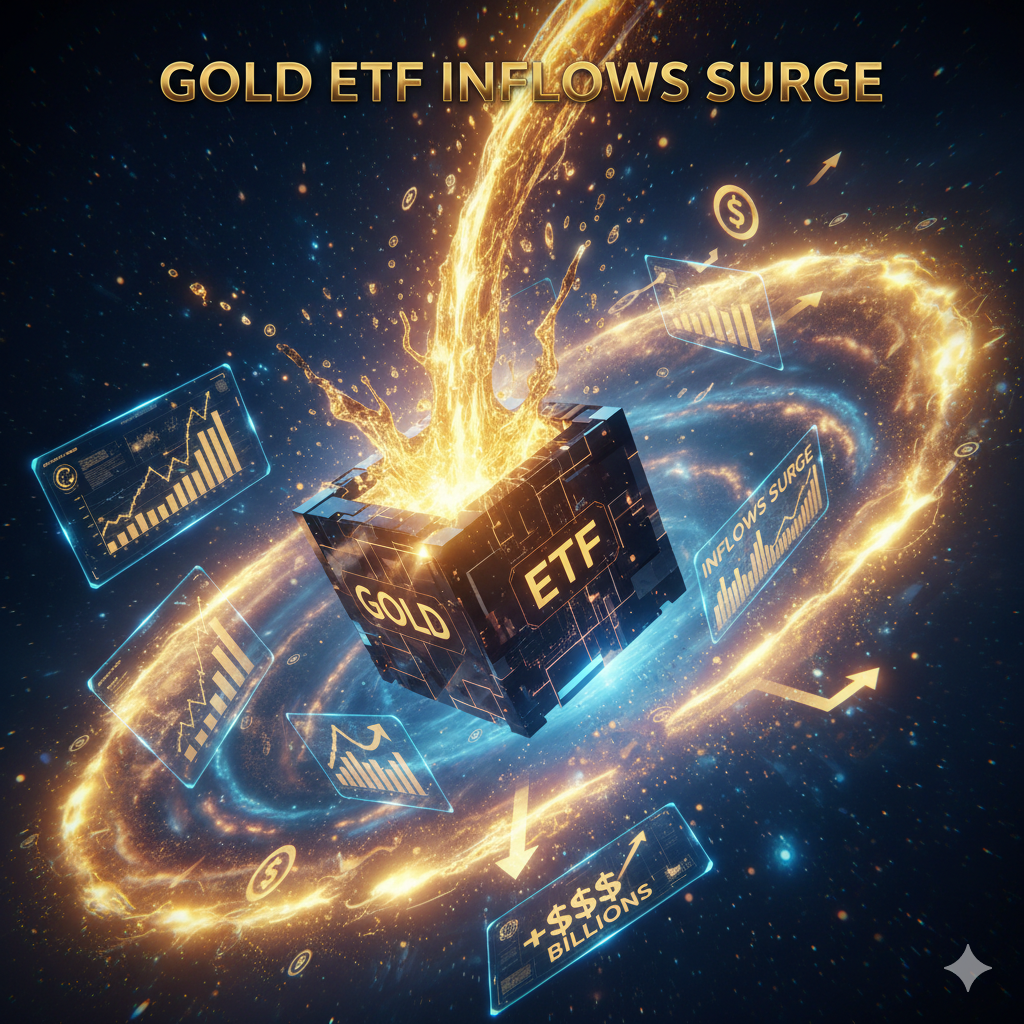Introduction
The stock market is often described as a place where supply and demand meet, prices fluctuate by the second, and millions of investors attempt to build wealth. But behind this seemingly chaotic world lies a significant question: Who truly influences the stock market? While every small investor plays a role, not all participants have equal power. Certain groups, institutions, and individuals hold disproportionate influence over the rise and fall of market trends.
This article explores in detail who the “market kings” are, how they shape the direction of stocks, and why understanding their role is crucial for investors who wish to make informed decisions. By the end, you’ll learn how governments, big institutions, retail traders, and even global events come together to influence the stock market.
1. The Concept of “Market Kings”
The term “market kings” does not refer to a single person or company ruling the market. Instead, it symbolizes the entities with substantial power to impact stock prices, investor sentiment, and overall financial stability. These market kings may be regulators, institutional investors, influential billionaires, or even global rating agencies.
Some common categories of market kings include:
- Institutional Investors (mutual funds, hedge funds, pension funds)
- Government and Central Banks
- Corporate Giants
- Media and Analysts
- Foreign Institutional Investors (FIIs)
- Retail Investors (in collective numbers)
- Global Economic Factors
2. Institutional Investors: The Silent Giants
Institutional investors are perhaps the biggest kings of the stock market. These are organizations like mutual funds, hedge funds, insurance companies, and pension funds that manage billions or even trillions of dollars in assets.
Why They Matter:
- Their trades involve huge volumes, which can cause significant price movements.
- Institutional investors often set trends because retail investors follow their moves.
- Their long-term positions create stability in some sectors.
For example, when a large mutual fund decides to invest heavily in the IT sector, retail traders often follow, pushing stock prices even higher. On the other hand, a mass exit by hedge funds can lead to market crashes.
3. Central Banks and Governments: The Policy Kings
Governments and central banks (like the Reserve Bank of India, Federal Reserve in the US, or European Central Bank) have immense power over markets. Their monetary and fiscal policies directly influence stock movements.
Factors Controlled by Governments:
- Interest Rates: When central banks cut interest rates, borrowing becomes cheaper, encouraging businesses to expand and investors to take risks. This boosts stock prices.
- Inflation Policies: Efforts to control inflation impact consumer spending and business profits.
- Tax Policies: Favorable taxation on capital gains attracts investors, while higher taxes can discourage them.
- Regulations and Reforms: Policies like GST in India or corporate tax reforms in the US directly impact company earnings and stock prices.
Example: In 2020, during the COVID-19 pandemic, central banks across the world introduced stimulus packages and rate cuts. This injected liquidity into the markets, causing a sharp rebound in stock indices, despite weak economic fundamentals.
4. Corporate Giants: The Business Kings
Large corporations such as Reliance Industries in India, Apple, Microsoft, Amazon, and Tesla globally often act as market kings. Their financial performance has a massive effect not only on their stock but also on the indices they are a part of.
Why They Influence:
- Weight in Index: Companies like Reliance (in NIFTY50) or Apple (in S&P 500) carry heavy index weightage. A rise or fall in their stock prices drags the index along.
- Innovation Leadership: Companies launching new technologies or products can create entire market trends.
- Earnings Reports: Quarterly results determine market sentiment. Positive earnings may trigger rallies, while negative earnings can spark sell-offs.
Example: Tesla’s stock movements often influence the broader EV sector globally. Similarly, Reliance’s Jio announcements impact the telecom and digital markets in India.
5. Media and Market Analysts: The Opinion Kings
Though they do not directly control stocks, financial media outlets, research houses, and market analysts strongly shape investor perception.
Influence Factors:
- News Coverage: Positive or negative news coverage can swing stocks within hours.
- Ratings & Forecasts: Analysts issuing “buy” or “sell” ratings influence large groups of investors.
- Social Media: Platforms like Twitter, Reddit, and YouTube are modern influencers of stock sentiment.
Example: The GameStop saga of 2021, where a Reddit community (WallStreetBets) pushed the stock price up dramatically, proved how collective media influence can overpower even institutional players.
6. Foreign Institutional Investors (FIIs): The Global Kings
FIIs are investment funds from outside a country that buy and sell shares in domestic markets. In India, FIIs are often called the heartbeat of the stock market.
Why They Matter:
- They bring foreign capital, adding liquidity and growth potential.
- Their entry and exit influence rupee-dollar value and stock index stability.
- FIIs react quickly to global factors like oil prices, interest rates, or geopolitical tensions.
Example: A sudden withdrawal of FIIs due to rising US interest rates often causes the Indian stock market to decline sharply.
7. Retail Investors: The Collective Kings
Individually, small retail investors may not impact prices much. But collectively, they represent a large force.
- Participation Growth: With platforms like Zerodha, Robinhood, and Groww, retail participation has exploded.
- Crowd Behavior: Herd mentality among retail investors can lead to sharp rallies or panic sell-offs.
- IPO Impact: Strong retail subscriptions in IPOs create buzz and drive stock demand.
Retail investors are increasingly powerful, especially in emerging markets like India, where democratization of stock trading is happening.
8. Global Events and Geopolitics: The Invisible Kings
Sometimes, even beyond investors, governments, or institutions, it is global events that play the biggest role.
Examples:
- Wars and Conflicts: Russia-Ukraine war spiked oil prices, impacting global markets.
- Pandemics: COVID-19 caused one of the sharpest global market crashes in history.
- Natural Disasters: Tsunamis, earthquakes, or floods disrupt industries and regional stocks.
- Trade Wars: US-China trade tensions created years of stock volatility.
These events remind investors that markets are not just financial systems, but deeply connected to global realities.
9. Psychological Factors: The Mindset Kings
Beyond external forces, human psychology plays a massive role in influencing the stock market. Fear, greed, speculation, and overconfidence often dictate stock prices more than fundamentals.
- Fear of Missing Out (FOMO): Drives rapid rallies.
- Panic Selling: Causes market crashes.
- Speculation: Inflates bubbles.
Example: The dot-com bubble of the 1990s was driven by overconfidence and speculative buying in tech stocks, leading to an eventual crash.
10. Case Studies of Market Kings in Action
Case 1: Warren Buffett – The Individual King
Warren Buffett, often called the “Oracle of Omaha,” has the power to influence markets with a single statement. His investments in companies like Apple or Coca-Cola often lead to massive retail interest.
Case 2: Elon Musk – The Modern Influencer King
Elon Musk’s tweets about Tesla or even cryptocurrencies like Dogecoin have triggered wild swings in financial markets, proving how individual influence has grown in the social media era.
Case 3: Indian Market Example – Reliance & FIIs
In India, when Reliance announces major deals (like Facebook’s investment in Jio), markets respond instantly. Similarly, when FIIs exit, NIFTY often drops, reflecting their dominance.
11. How Can Retail Investors Use This Knowledge?
Understanding who influences the market is not just theoretical—it has practical benefits.
- Follow Institutional Moves: Track FII and mutual fund flows.
- Watch Policy Announcements: Stay updated on central bank decisions.
- Read Earnings Reports: Monitor large companies’ quarterly results.
- Stay Alert to News: Follow both mainstream and social media trends.
- Control Emotions: Don’t blindly follow herd mentality.
Conclusion
The stock market is a dynamic ecosystem influenced by many “market kings”—governments, central banks, institutional investors, FIIs, corporations, media, and even collective retail investors. While no one single entity controls everything, their combined impact shapes the direction of markets daily.
For investors, the key lesson is this: instead of trying to predict the unpredictable, focus on understanding the forces at play. By learning who influences the stock market, you can make more informed, rational, and profitable investment decisions.




